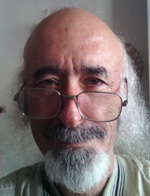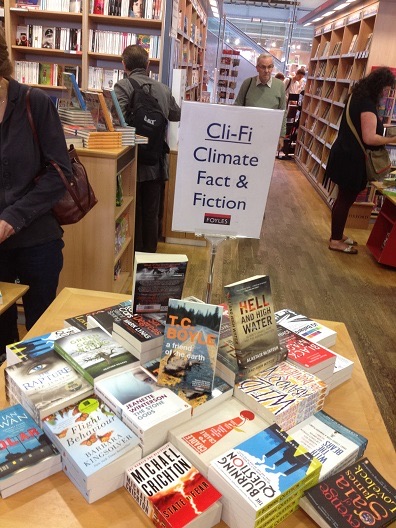THE BRIEF TIME with....
(c) TIME MAGAZINE 2014
I grew up along the banks of the Connecticut River in western Massachusetts in the 1950s and 60s and that has made all the difference. The four seasons, the local public libraries, the excellent public elementary and high schools, and later on, when I turned 18, my alma mater Tufts University in Boston.
Massachusetts and its people made me, stamped me, catapulted me into the larger world. I grew up in a very secure and happy place, in a warm and supportive family, and as a result as an adult I became a very confident and happy person and still am. I wake up happy and full of energy every day, even now in my 60s.
As a kid, I delivered the Springfield Union and the Springfield Republican on my newspaper bicycle route to earn some extra allowance money and for the first time get my ink-stained hands into the newspaper world. Later, I would become a reporter and an editor in Washington D.C., Alaska and Tokyo. Springfield was my training ground.
So my approach becoming “a climate change activist of the literary kind” was with a confident and far-seeing manner.
Springfield gave me the tools to become a quiet visionary and then I ventured out to see the world: first France one summer when I was 16, then later after college to Israel, Italy, Greece, Japan and several other countries. Along the way I picked up some French, some Italian, a lot of Japanese. And as an elementary school and junior high school student in Springfield in the 1950s and 60s I learned to read and write and speak Hebrew. I can still read it today.
Growing up in a Jewish family in Springfield and Longmeadow in western Massachusetts put me on the path to coining a new literary term I dubbed “cli-fi” much later on in my 60s.
My Jewish values and worldview are still with me to this day.
I loved growing up Jewish in Springfield. It made me who I am today, with a deep debt of gratitude to my parents Bernie and Sylvia Bloom, z’l.
I always carried Springfield and Longmeadow with me, no matter where I went.
My ”superpower” is the Pioneer River Valley of western Massachusetts, and the people I grew up with there.
My Jewish values of compassion for others and for the future never left me.
Based as a newspaper reporter and climate blogger in Asia since 1991, I’ve been promoting since 2011 the rising ‘’cli-fi’’ movement to boost the literary fortunes of ‘‘climate change fiction’’, a new genre of literature now accompanying ‘’sci-fi’’ within modern literature’s classification system.
I’m not a novelist or a short story writer myself, just a reader and what I describe as ‘a climate activist of the literary kind’. I use my PR skills learned over a lifetime of newspaper and magazine work to communicate my cli-fi passion with editors, novelists, literary critics and fellow readers worldwide. But it all began in Springfield in 1949 when I was born during Passover at Mercy Hospital, a Catholic hospital where my father worked as a visiting urologist.
I coined the term ‘cli-fi’ as a wake-up call and a PR tool for climate novelists and media writers, bookstore categories and shelving, and for novelists and literary critics. Over the past eight years, I’ve used the term to alert reporters to writing about the topic for a variety of publications, including The New York Times, The Guardian, the BBC, CNN, and more.
At the University of Massachusetts in the Springfield area, Professor Malcolm Sen is now teaching cli-fi classes.
Sen taught an English course last year called ‘Culture, Capital and Climate’. While climate change is a topic largely discussed in scientific settings, Sen said he sees it as a common motif in literature as well. He uses cli-fi novels, poetry and scholarly articles to discuss it with his students. As a result, his course demonstrates the real depth of climate change — an impending disaster that is being discussed by novelists, scientists, Hollywood actors and pop singers alike.
So from Springfield to the world, ”cli-fi” is now making waves worldwide. We still have TIME.










